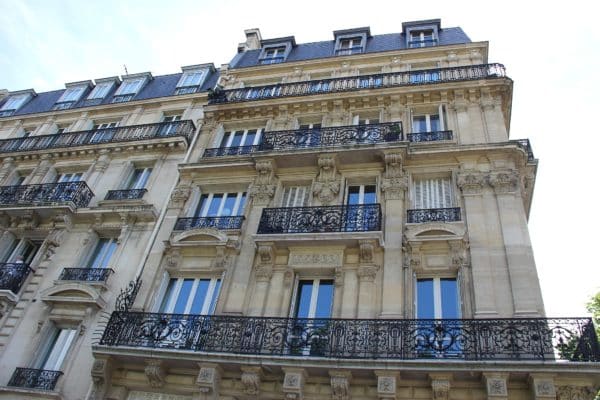Expert Insight, Breaking News, and Insider Stories on Real Estate in Paris

Real estate in France: changes taking effect in September
After a summer rich in reforms, important laws have come into force affecting property transactions in France. From rent caps and lease contracts to furniture lists and codes of ethics, here are the seven major changes to be aware of in French real estate for Fall 2015.
Amendments coming into force in September:
A list of mandatory furniture in furnished rentals: Beginning September 1st, landlords signing leases for a furnished rental must ensure that the property contains the equipment and furniture items deemed essential — as outlined in a list published on August 5th — for the tenant’s everyday living. Read our previous article on the subject.
A Code of Ethics for real estate professionals: Under the Loi Alur, a code of conduct for real estate professionals was published on August 30th and came into force on September 1st. The code concerns real estate agents, property managers and syndics (in copropriétés) and contains 12 articles listing their obligations. Amongst other things they must practice their profession with “conscience, dignity, loyalty, sincerity and honesty”.
Reforms that took effect in August:
Capping rents in the capital: Established as a test run in the French capital, the system sees rent cap amounts determined by factors such as property type and area — to calculate median rates, Paris was divided into 80 districts — as well as the date the building was constructed and whether the property is furnished or not. The maximum amount a landlord may charge for an apartment rental is 20% over the median rate defined by these criteria for that property. However, additional rent may be charged for an apartment containing certain exceptional features, such as a terrace or a view. Read one of our previous articles on the subject. More on rent caps here.
A new standard lease contract to be used: Since August 1st, landlords and tenants are required to use a new lease contract which has grown from 7 to 25 pages. Alongside the usual mentions of the agreed rental amount and concerned parties’ names, it must now state additional information such as rent paid by the previous tenant, works undertaken recently and the average rental amount and maximum rental amount allowed for the property under the new rental caps — defined by property type and area.
Streamlining of the process for selling an apartment in a copropriété: A decree on August 27th simplified the process for owners selling property in the French equivalent of a condominium, a procedure which had become complex under the Loi Alur. The reform removes the obligation to provide certain documents to the buyer and allows for the remaining information to be sent electronically upon prior approval from the buyer. Read our article on the subject.
Withdrawal period lengthened for property buyers: Since August 8th, buyers have 10 days following the sales agreement to withdraw from a property sale, as opposed to 7 days previously. This period allows individuals buying property to decide against the purchase and pull out of the transaction without incurring a penalty. Read our previous article on the subject.
Changes to come:
Reform of notaire fees: The Constitutional Council has validated the provisions contained in the Loi Macron of August 6th regarding changes to the way notaires’ fees will be calculated upon the sale of real estate property. A decree will soon define the criteria for the new method of calculation for notaires’ pay. These rates will be reviewed every five years. Furthermore, notaires will be able to offer a discount to clients beyond a certain price threshold.
Photo: Anissa Putois
Contact Paris Property Group to learn more about buying or selling property in Paris.













